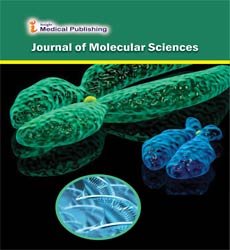Aggressive local course and infectious complications associated with treatment in a patient with natural killer T-cell Lymphoma, nasal type: Report case
Abstract
Female patient, 67 years old, initially with a mass and nasal obstruction. She was managed by infectology with antimicrobial regimens for a possible mycosis, without having a response to the established treatment. Later, a biopsy of the lesion was performed on her. Pathology and immunohistochemical markers confirmed the diagnosis of nasal T / NK cell lymphoma. Nuclear magnetic resonance imaging (MRI) and computed tomography revealed extension to the paranasal sinuses, middle ear, and mastoids. Initial classification was Eastern Cooperative Oncology Group (ECOG) of 1, Localized Disease, Ann Arbor System Stage I, Intermediate Natural Killer Lymphoma (PINK) Prognostic Index. The late presentation of her lymphoma and elevated lactate dehydrogenase levels were poor prognostic factors. The patient was admitted to the hospitalization service eight months after diagnosis, with evidence of disease progression despite early initiation of management with high-dose radiotherapy and three cycles of chemotherapy with DEVIC scheme. The lesion deformed the nasal septum, infiltrated the hard palate where it produced an extensive mucosal ulceration. The compromise of the oral cavity limited her feeding at home and led the patient to a state of severe protein-calorie malnutrition. Systemic infectious complications secondary to her immunosuppressive status led to a fatal outcome. This case highlights a severe local presentation of an infrequent disease, nasal T-cell / Natural killer lymphoma, with an initial response to treatment with chemotherapy plus radiotherapy but which had a high rate of relapses and infectious complications with the combined management.
Open Access Journals
- Aquaculture & Veterinary Science
- Chemistry & Chemical Sciences
- Clinical Sciences
- Engineering
- General Science
- Genetics & Molecular Biology
- Health Care & Nursing
- Immunology & Microbiology
- Materials Science
- Mathematics & Physics
- Medical Sciences
- Neurology & Psychiatry
- Oncology & Cancer Science
- Pharmaceutical Sciences
